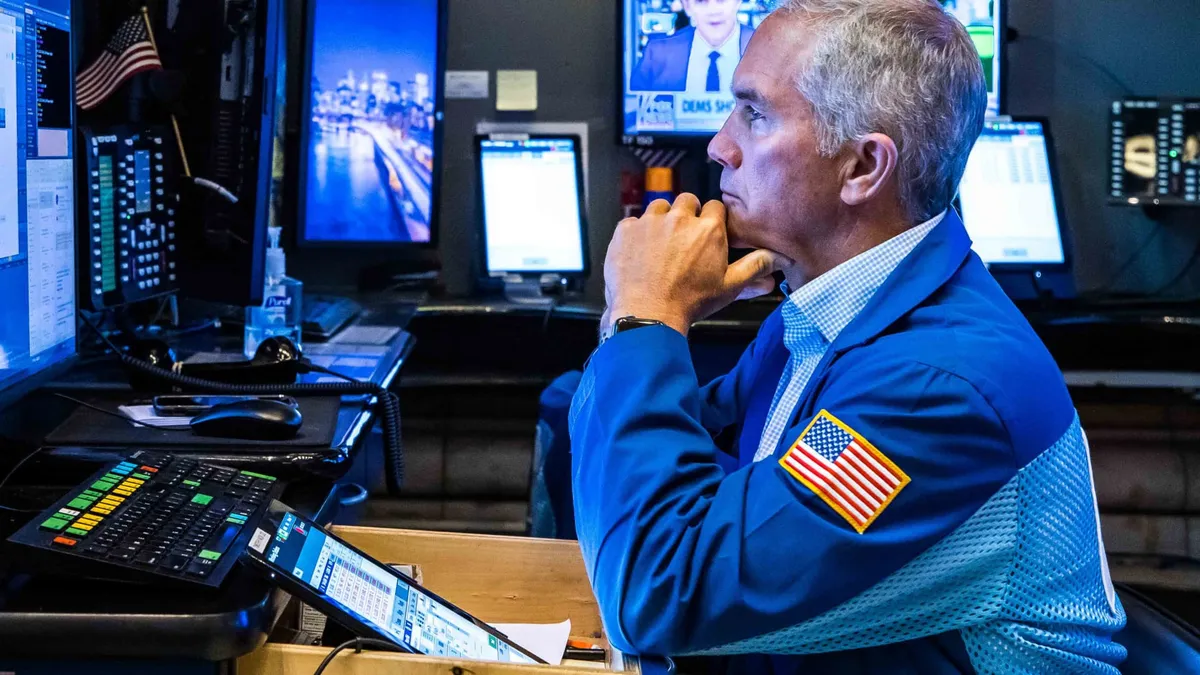
In overnight trading on Wednesday, stock futures showed little movement following a significant sell-off on Wall Street. This decline was primarily driven by escalating concerns regarding the nation's growing budget deficit. Futures for the Dow Jones Industrial Average experienced a minor dip of 60 points, while both the S&P 500 futures and Nasdaq 100 futures remained relatively unchanged.
During regular trading hours, the blue-chip Dow plummeted by over 800 points, marking a troubling day for investors. The S&P 500, another key market index, concluded the day down by 1.6%. This downward trend in equities was influenced by a notable surge in Treasury yields, which raised alarms about a new U.S. budget bill that could exacerbate the country's already substantial deficit.
The ongoing negotiations on Capitol Hill regarding tax reforms and federal budgeting have surfaced as a new source of anxiety for investors, especially after the recent tariff headlines have diminished. A significant budget proposal currently being discussed in the House of Representatives encountered a setback on Tuesday when some Republican representatives from blue states indicated they could not support the bill without a more substantial deduction for state and local taxes, commonly known as SALT.
The opposition to this budget bill raises the possibility of derailing critical tax legislation that former President Trump and House Speaker Mike Johnson, R-La., aim to pass before the upcoming Memorial Day weekend. Concerns are mounting that this legislation could increase the U.S. government's debt by trillions and further inflate the deficit at a time when there are already fears of rising inflation linked to Trump-era tariffs. These tariffs are placing additional pressure on bond prices, contributing to the rise in yields.
On Wednesday, the yield on the 30-year Treasury bond surged to 5.09%, reaching its highest level since October 2023. Meanwhile, the benchmark 10-year Treasury note yield was recorded at 4.59%. Kevin Gordon, a senior investment strategist at Charles Schwab, commented on CNBC's Closing Bell, highlighting, “I think it really speaks to the impact from the rate of change of yields versus just that drift higher.” He further noted that this situation is fueled by inflation worries directly associated with the budget deficit and its implications for the dollar.
As investors remain vigilant, all eyes will be on the weekly jobless claims data, scheduled for release on Thursday morning. Analysts expect this information to provide critical insights into the current state of the labor market, which could impact future market movements and economic forecasts.